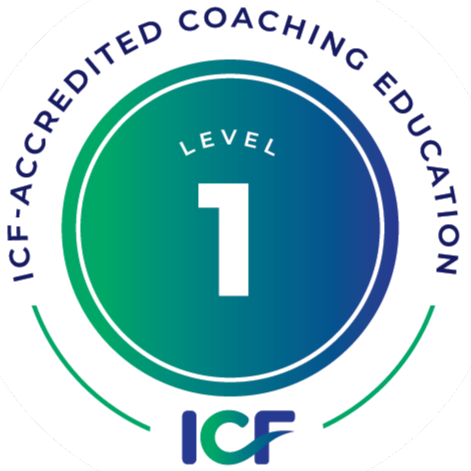
By: Ellen Neiley Ritter, PhD, BCC
As previously presented in our blog, ILCT has been successfully running our coach training program within a medium security federal prison for men for the past 3 years. It has been a real testament to the power of coaching and more than 40 inmates have completed our courses and are now coaching others, positively impacting the culture within the facility.
Two weeks ago I was invited to present at the first Re-Entry Conference, a coming together of officials and non-profit organizations working to find solutions to better address the high rate of recidivism in our country. It was inspiring to hear some of the incredible programs being used and exciting to announce the beginning of the Successfully Transition Out Project [STOP], a program that will provide coaching to soon-to-be released inmates developed by ILCT and its non-profit affiliate, Altering Courses.
In keeping with recommendations of the Charles Colson Task Force report [2016], the objective of STOP is to implement a program to provide those set to exit FCI McKean “with the tools, resources, and services necessary to succeed following incarceration to reduce the cycle of recidivism” (p. 52) by utilizing a supportive, targeted coaching program to help men create and follow through with goals and objectives that are based on their vision and mission. Since the Task Force found that support is most critical in the “first days, weeks, and months immediately following release, when the risk of recidivism is highest” STOP provides the suggested “continuum of care [that] is crucial to maintaining gains from prison-based treatment”(p. 52).
STOP will provide up to 6 months of coaching to inmates, focusing primarily on the areas of career and relationships, two areas which have been found to cause the greatest struggles for those being released into society. For the first 3 months before release, participants will be working with ILCT’s trained inmate coaches and will then work with current and former ILCT students to continue to provide the accountability and support they need.
It’s an exciting opportunity to be able to finally begin this pilot program. I look forward to sharing our experiences and outcomes with you.




